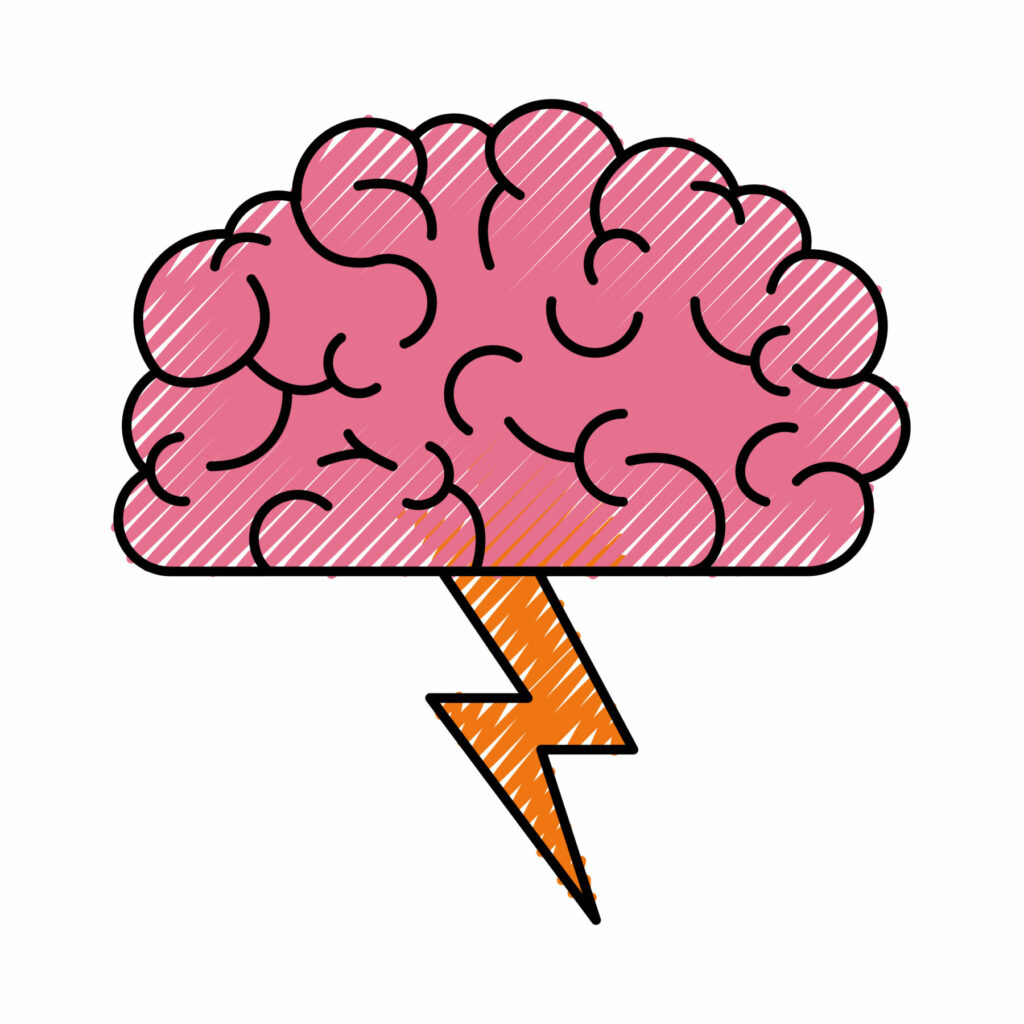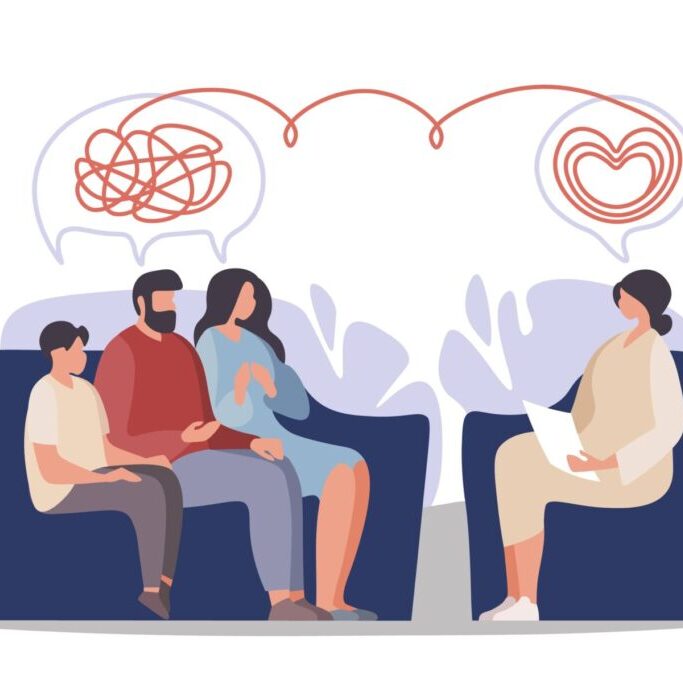Setting Yourself Up to find a Therapist in Chicago

So, you’re looking to find a therapist in Chicago? The decision to seek out individual therapy with a mental health professional can seem difficult or even overwhelming. Life circumstances prompt many of us to reevaluate our outlook, our perceptions, or our relationships with others.
When these experiences occur, many rely on familiarity to help cope. However, returning to and accessing these tried-and-true strategies may not be enough to manage the newness of certain life experiences. Seeking the assistance of a mental health professional can open the possibilities to addressing life’s changes with awareness and resilience.
But where do you start? You might be thinking, “How do I find the right therapist near me?” Read along and learn more about the different kinds of helping professionals to help you make the most informed decision about your health and wellness. The Chicago area, and other larger cities, have an abundance of licensed professionals who can assist you in addressing a variety of areas relevant to your life.
You may be struggling to accept a loss, concerned about relationships, struggling to find meaning in your job or career, wanting to process childhood trauma, or looking to make sense of your internal experiences. Each of these topics, and many more, can be addressed with the right choice professional.
Who are these professionals and what do they do?
The most common types of licensed mental health professionals include Psychologists, Professional Counselors, and Social Workers. Others include Psychiatrists and/or medication providers who can make up what is referred to as your ‘treatment team’. For psychologists, counselors, and social workers, the primary differences come down to education and training – and ultimately the specific kind of license.
Psychologists have a great deal of experience with and are qualified to administer psychological testing. If you have ever thought to yourself (or maybe someone has suggested to you), “An ADHD assessment might be helpful to get my life together”, schedule an appointment with a psychologist. Or perhaps you know how to cope and manage life’s everyday stressors and are looking to integrate into your community more richly.
Then, maybe seek out a social worker whose training and expertise are working with you and your ‘circles’ and helping you to build your network of resources and systems. Or perhaps you’ve been recently diagnosed with a mental health or physical health condition and are seeking support to help you gain clarity.
Professional counselors can work alongside you to learn and build the skills needed to cope. Each of these types of professions – and the professionals within them – will also have a varied view on mental health, the change process, and how to achieve health and wellness. They can also provide your typical one-on-one (or -two or more) counseling and therapy.
Though there are differences between these helping professionals, there is one big, primary similarity – we want to help you and we will do so using evidence-based therapies. Inherent in these mental health treatment modalities is the use of theory and specific therapeutic interventions.
Each professional will employ different theories (such as cognitive-behavioral therapy, CBT, or relational cultural therapy, RCT); different modalities (like dialectical behavior therapy, DBT or eye movement desensitization and reprocessing, EMDR); or even different therapeutic specialties like couples therapy, sex therapy, or queer affirmative therapy.
The effective coming together of ‘What I need help with’ and ‘How can you help me?’ can bring about a profound change in your life and lead to the attainment of your self-defined health and wellness. You can read more about defining health and wellness in counseling.
Set yourself up for success before looking for a therapist in Chicago!
When looking for a therapist in Chicago, knowing what you want can sometimes be difficult. Knowing what you need can be even more so. Finding a therapist in Chicago that serves both is possible. If all you know is “I need help” call any one of the above-mentioned professionals and make an appointment now.
Many professionals will offer (or require) a consultation prior to initiating services. These conversations serve as a beginning step to ensure goodness of fit and an appropriate match.
Be prepared, however, to answer a few questions yourself. Your therapist or counselor will want to know a bit about you, too. Here are a few questions you may be asked:
What are you looking to get out of counseling or therapy?
Even if you are not quite sure of the topic, direction, or shape of what you need, your therapist may ask you this in part to assess their preparedness to help you. Certain desired outcomes require a professional to have specific certifications or qualifications in order to offer what you need. For example, addiction counseling requires specialized knowledge and skills that not every professional possesses. Additionally, this kind of question and answer can also paint an initial picture of how the process of therapy can work. Your response can answer the question of ‘can I provide for this person what they are looking for?’
What is your commitment and readiness for counseling or therapy?
Change takes time, it’s cliché but it’s true. Unlearning, relearning, and doing new ways of being requires intentional effort. By asking yourself ‘Am I ready to devote one to five hours per week to changing what needs to be changed?’ you can be better prepared to answer this question.
Therapy schedules can be flexible and accommodating within reason, but while change takes time, it is also not linear. – Another unfortunate-but-true cliché. Typically, counseling occurs weekly for a one-hour meeting.
Depending on the counselor or type of therapy, you may be asked to continue the work outside of session meetings, often by completing “homework assignments”. Virtual therapy and telehealth counseling have made counseling and therapy more accessible and can allow for the commitment of therapy to be met. (Related to is the financial investment, which is worthwhile to consider in addition to your time investment.)
What supports, structures, or strategies are in place that help you cope with the stressors you want to address?
While the discovery of ourselves is exciting and illuminating, the process of therapy and counseling can be a difficult one. Recognizing the hurt and pain in our lives and accepting the responsibility to change can elicit fear and discomfort.
Your response to this question indicates to the therapist or counselor: 1) how much time in early sessions will be devoted to building these supports, structures, and strategies, and 2) how soon the topic(s) you want to address can be addressed. The more equipped you are to cope, the more difficult work can be accomplished. Sometimes these early sessions are spent strengthening what works and introducing new, manageable skills to help you maintain your commitment.
The choice to start (or restart) counseling or therapy is an important decision that puts you and your health first. Finding a therapist in Chicago to help does not need to be an arduous undertaking.
Some structured and intentional research, a bit of self-reflection, and a willingness to talk to a few strangers can lead to a fruitful therapeutic relationship. Set yourself and your therapy experience up for success by being prepared with a few responses to the above questions. You can read more about what kinds of questions to ask a potential counselor during your consultation here.
Contact us to get started today!
Written by: Vincent Marasco
This blog is made for informational and educational purposes only. It is not medical advice. The information in this blog is not intended to (1) replace a one-on-one relationship with a qualified licensed health care provider, (2) create or establish a provider-patient relationship, or (3) create a duty for us to follow up with you.



